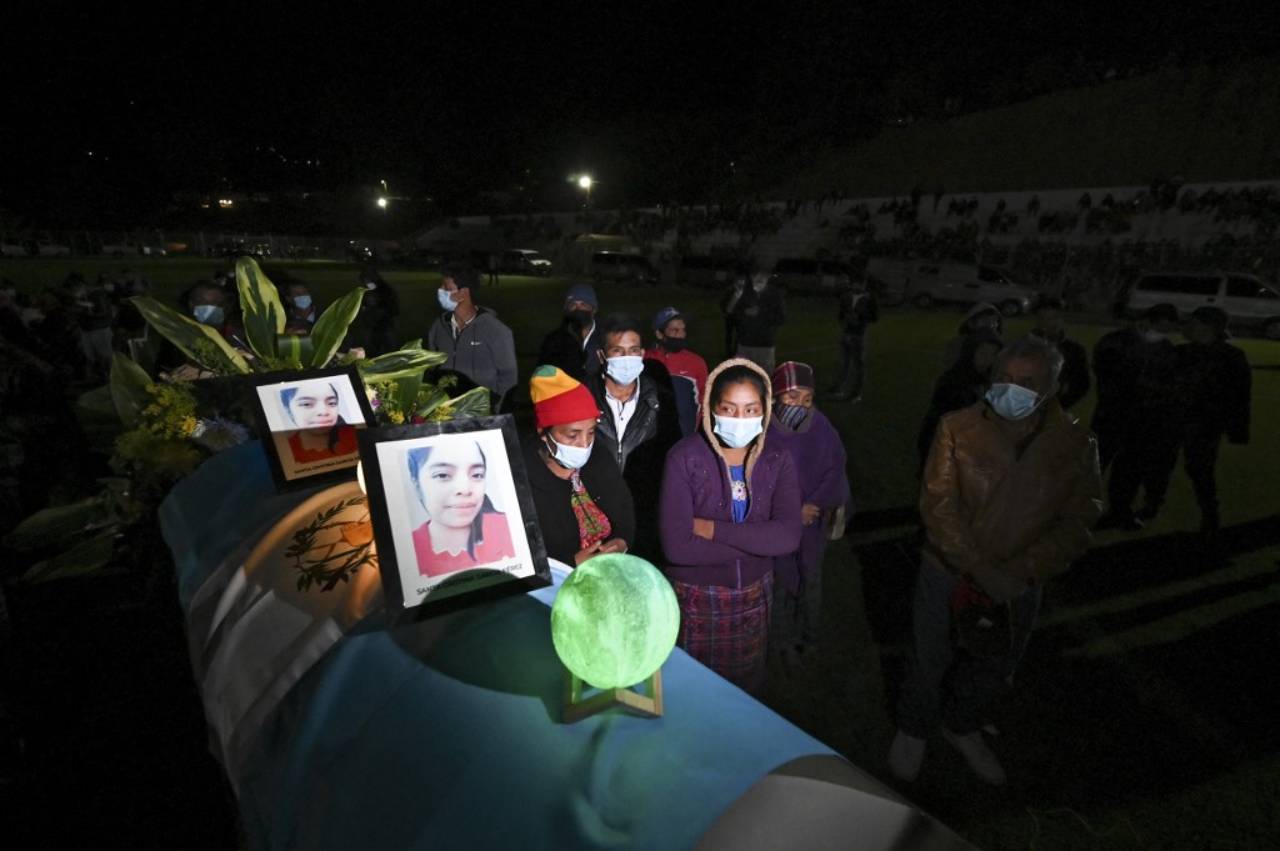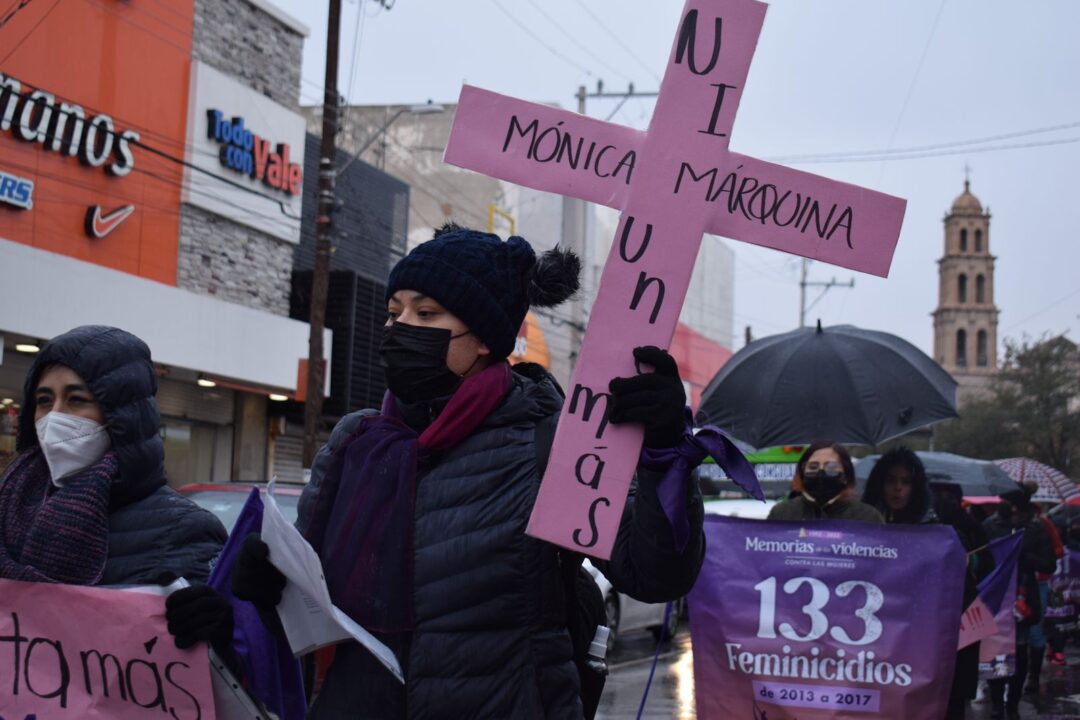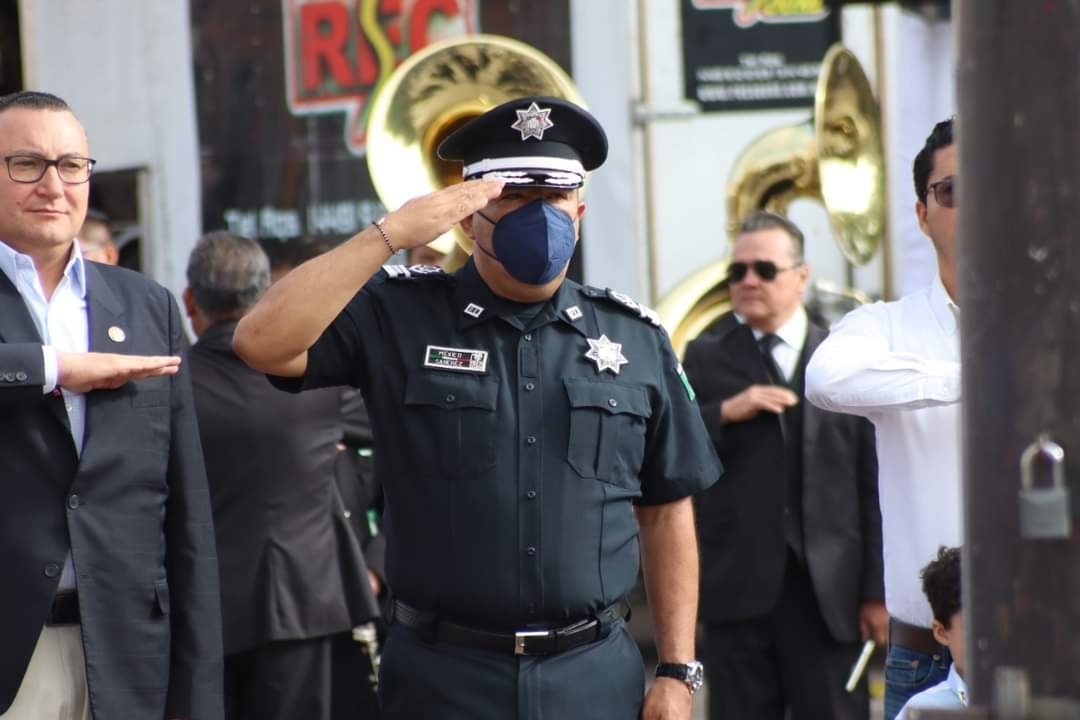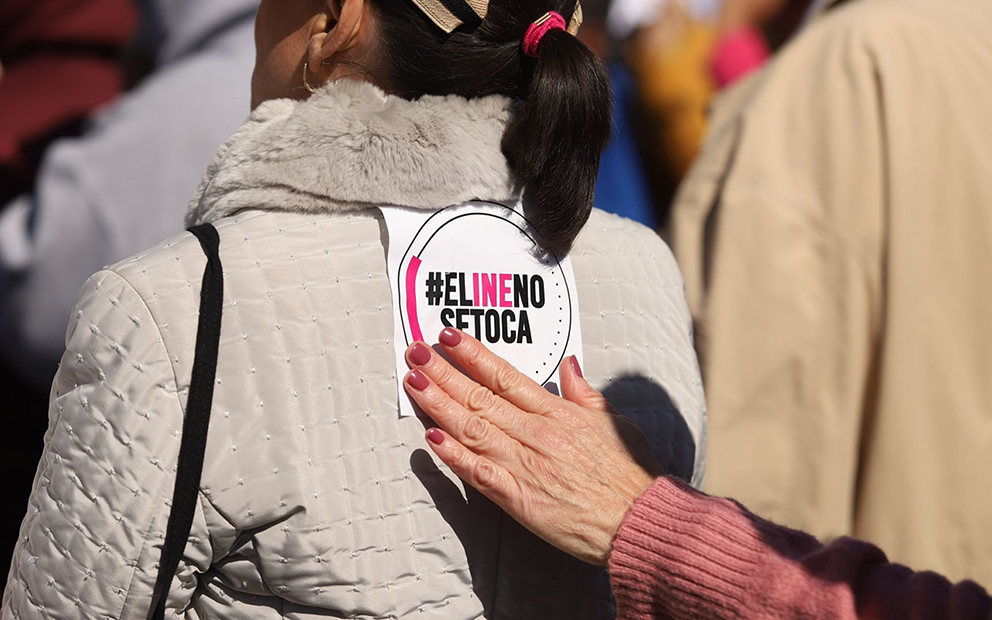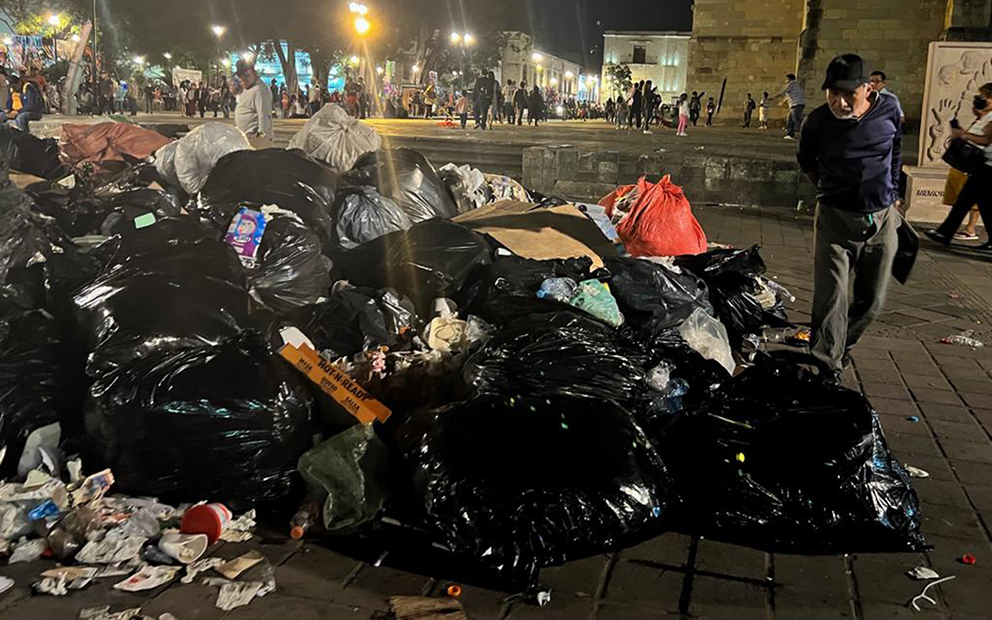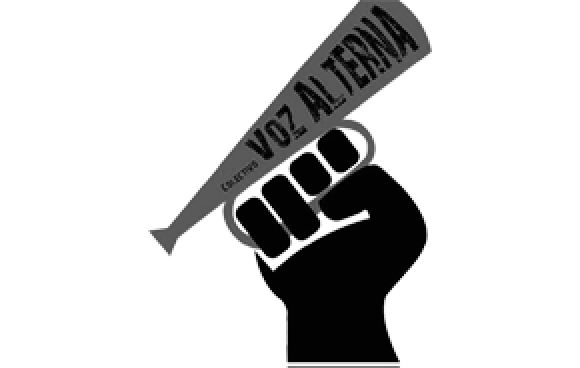September 22nd marked the eighth month since the massacre of 19 migrants in Camargo, Tamaulipas, followed by the hearings in the case against the 12 police officers accused of the crime. The family of Santa Cristina, one of the victims, is asking for compensation from the government of Mexico, because the poverty they already experienced has been made worse by their debt to the coyotes.
Text by Daniela Rea, originally published September 22, 2021.
Photo by Johan Ordóñez / APG.
Translation by Dawn Marie Paley.
Santa Cristina García Pérez was 19 years old when she was killed in Camargo, Tamaulipas, on January 22nd. She had left on the journey because she wanted to help her family pay for her youngest sister Ángela’s operation for her cleft lip. Since Ángela was born, the whole family has had to make an effort to pay for medical exams and powdered milk, since she couldn’t take breast milk.
As soon as Santa became an adult, she left Guatemala for the US to help her family.
“She left because she had many needs, her own needs and the needs of her family. I’m Santa’s father and the father of the girl with the cleft lip. Santa left to help us. What happened is a fact, it is known, they killed Santa.”
Twelve state police from Tamaulipas are accused by the State Attorney General of having killed 19 people on January 22nd on a backroad in the municipality of Camargo, a few kilometers from the US border. Among the 19 people was Santa, another 15 migrants from Guatemala, two Mexicans, who it is assumed were their guides, and another person who has not been identified. The migrants were pursued near the US border, shot to death, and then their bodies and vehicles were burned to destroy the evidence. The cases against the 12 police were scheduled to continue today in Tamaulipas.
But Don Ricardo, Santa’s father, says their family hasn’t been informed about the legal process, the charges or the trial.
“We don’t want this to remain in impunity, we don’t know [anything], they haven’t told us how things are going to go over there,” he said. “We weren’t dreaming of a coffin, we were dreaming that our deceased daughter would help our whole family get ahead.”
“As soon as I heard the news I kneeled down in my house, I forgave [her killers], I do not hate them. Those who killed her took her body but not her heart. She is looking down on us spiritually from the sky, she is interceding for the criminals who killed her, my daughter did not hate, she did not want to fight, but we don’t want impunity, we want the damage repaired, our family is just trying to survive.”
Don Ricardo said that various family members went into debt to pay the coyotes and they have small children to support, so they hope the government of México will repair the damage to his family and the other grieving families..
“My daughter, the fighter”
On the phone from his home in a town in the department of San Marcos, Guatemala, Don Ricardo recalls a little about the life of his daughter.
“I do feel proud that my deceased daughter was killed because she was a fighter, that makes me happy, proud, and I will keep struggling with my family. That’s what inspires me, they killed her for being a hardworking girl and a kind fighter, she was smiley. Why were they killed? Why were they burned? What happened? I think everyone has the right to migrate from one place to another.”
Santa had a twin sister who died a month and a half after they were born. “Now they’re both gone,” said Don Ricardo with resignation in his voice.
Santa started thinking about working to help her family when she was nine years old. “When she was nine she would say ‘daddy, I’m not going to be a teacher or a doctor, I am going to be a shop owner, I want to have my own shop, my workers, I’m going to fight and I’m not going to stop until we’re all doing better…’ I was proud of my deceased daughter.”
Santa Cristina grew up, she got her identity document, and when she could she told her family: I’m going to fight for you. She went to the city of Puerto Barrios to work, she was there for a year, then to Zacapa, where she spent two years.
She sent what she earned to buy powdered milk, finally at the end of 2020 she decided to go to the US. To pay for her trip, her father had to get about 50,000 Mexican pesos (around US$2,500) for the guide, which he did using the deed to his house. On January 12th , 2021 they arrived to Comitancillo (on the Mexico-Guatemala border) to begin the journey north. Santa traveled with her cousins Anderson Marco Antulio Pablo, 16, and Iván Gudiel Pablo Tomás, 22.
“We want the government to realize what they are doing. It’s very sad to me that it was the police who killed our daughters, they should have to explain why they did it. There’s a reason, it’s not like there is no reason. The deed is done, we’ve now been living for 8 months without our daughters, we’re starting to get over our sadness. The law needs to act so that this doesn’t happen again and to repair the damage done to our daughters, that’s the most important thing. We didn’t ask for it, they offered.”
The investigations
There are currently two investigations into the massacre of 19 people in Camargo. The first was started with the Attorney General of Tamaulipas against 12 police officers for the crimes of homicide, abuse of authority, giving a false declaration, and crimes while carrying out administrative functions. This case started in February of 2021 with two hearings, which were held behind closed doors, through media like Vice and Animal Político published part of the case that was presented to the judge, publications in which the 12 officers are deemed not to be responsible for chasing, firing at and burning the bodies of the migrants. The next hearings are slated to start today.
The second investigation is by the federal Attorney General’s Office (FGR). Various human rights organizations presented a complaint to the FGR so that they would investigate, but Migration Unit said it wouldn’t, because it is a case with a local jurisdiction. So the Foundation for Justice and the Democratic Rule of Law presented an appeal to a federal judge, who ordered the FGR to open an investigation within three days. The FGR is investigating two officials with the National Migration Institute (INM), because at the crime scene in Camargo there was a truck that had been secured months earlier by the INM in an operation against undocumented migration.
Daniela Rea is a reporter and author of the book Nadie les pidió perdón; and co-author of the book La Tropa: Why does a soldier kill? She directed the documentary No sucumbió la eternidad. She writes about the social impacts of violence and care work. She wanted to be a sailor.
Click here to sign up for Pie de Página’s bi-weekly English newsletter.
Ayúdanos a sostener un periodismo ético y responsable, que sirva para construir mejores sociedades. Patrocina una historia y forma parte de nuestra comunidad.
Dona

